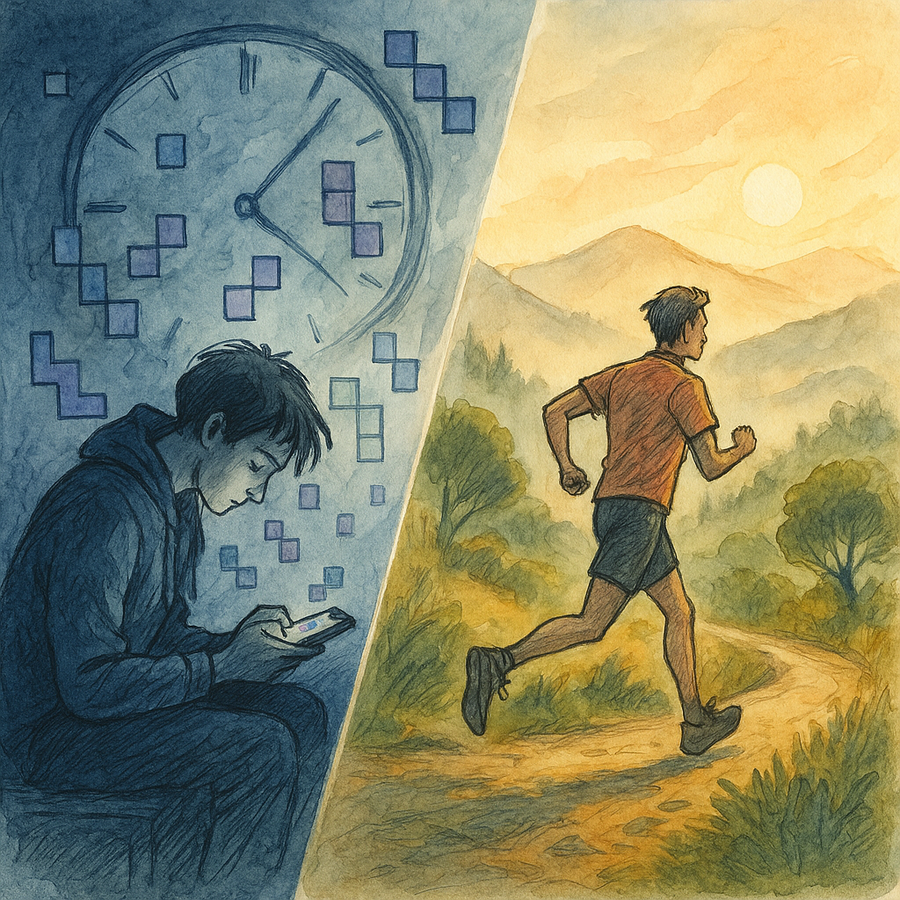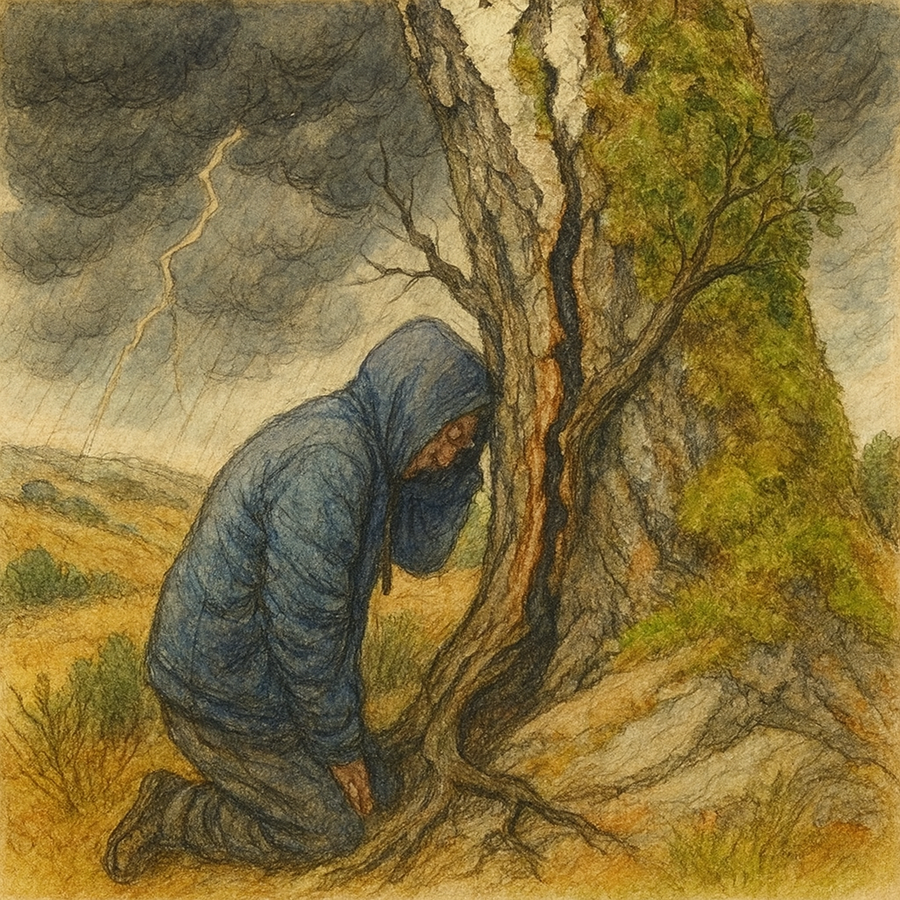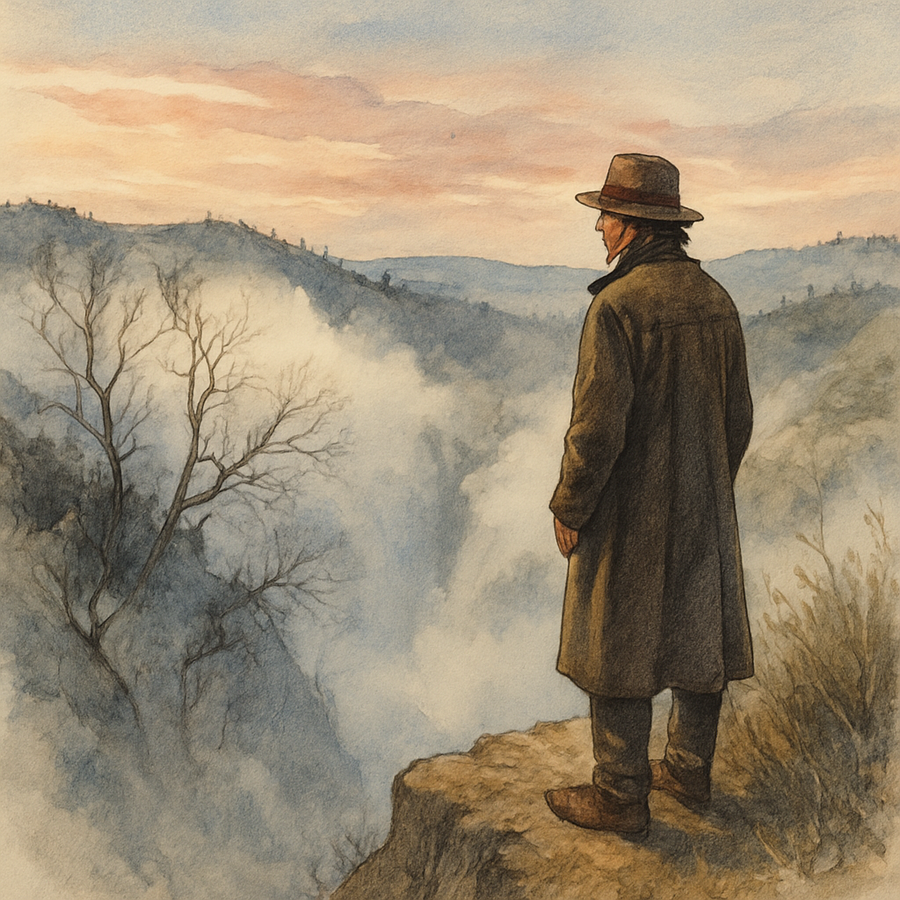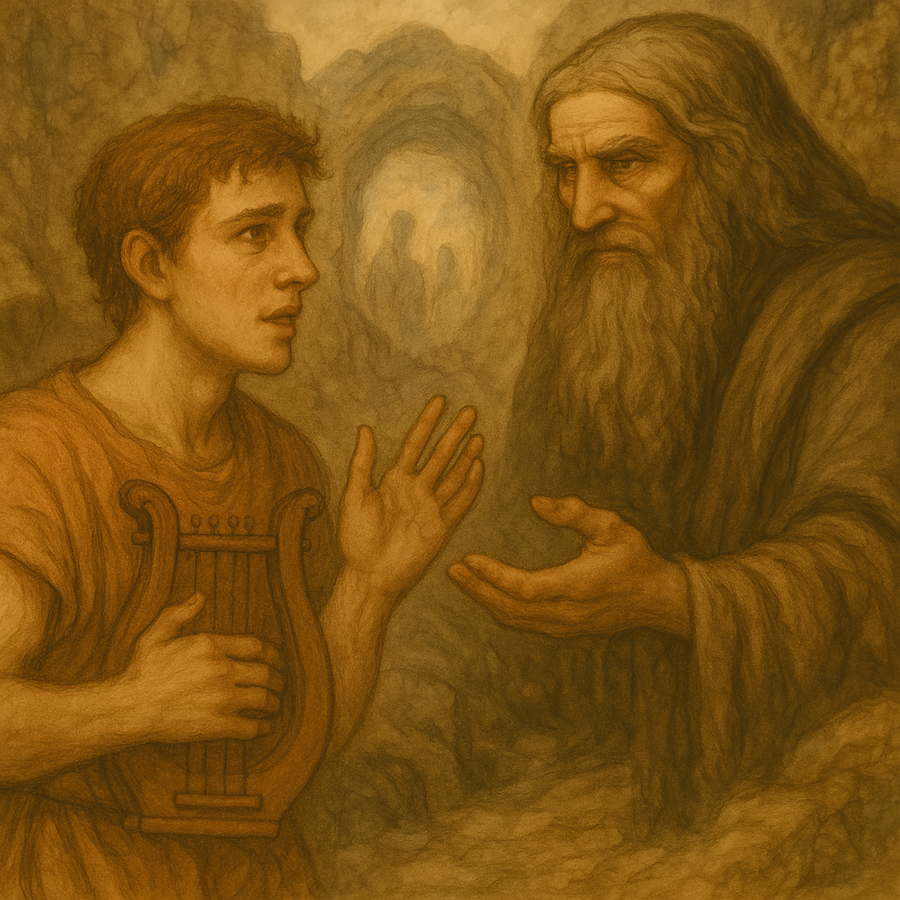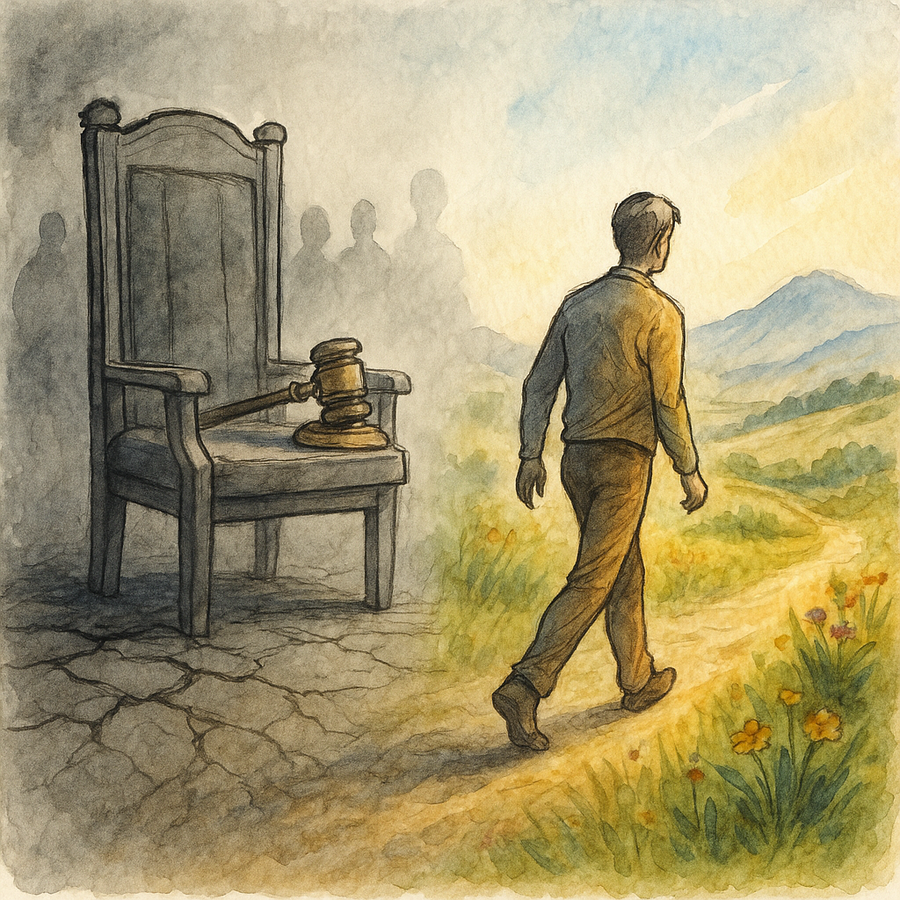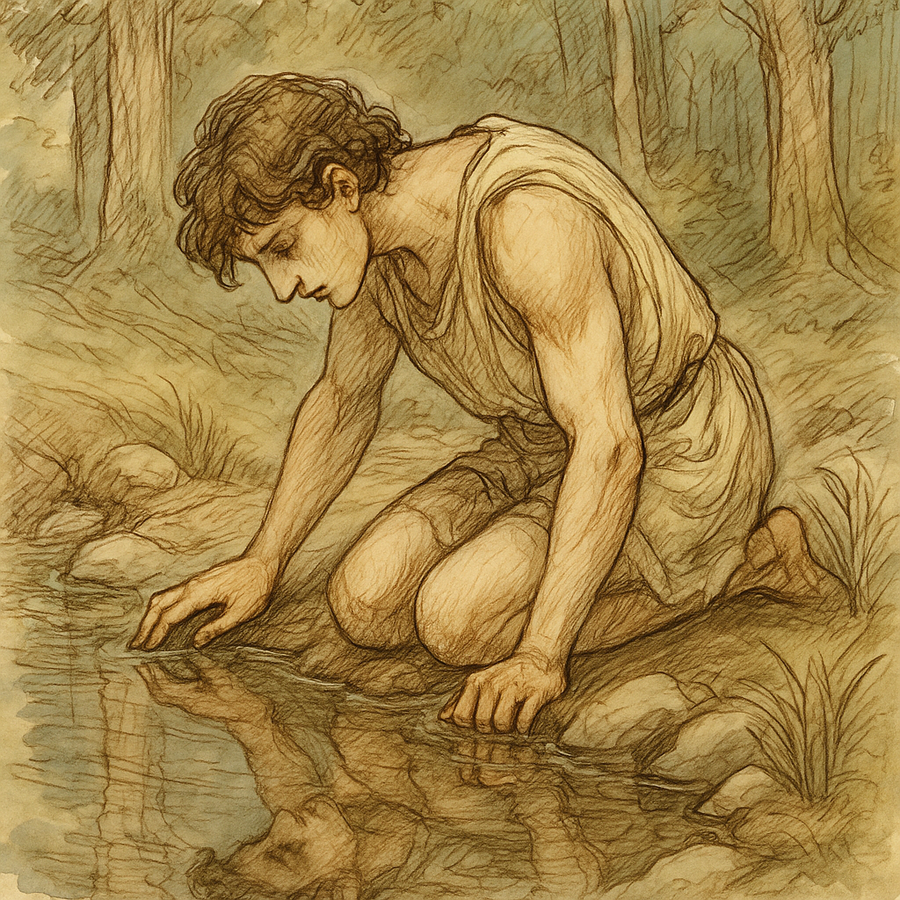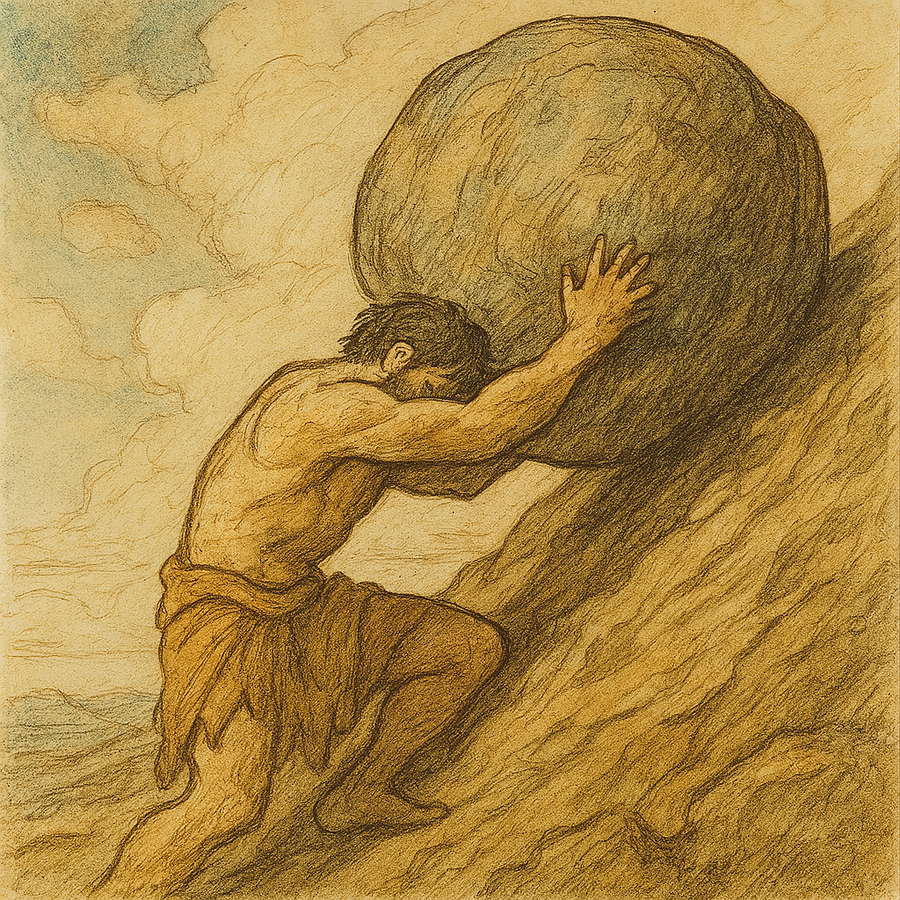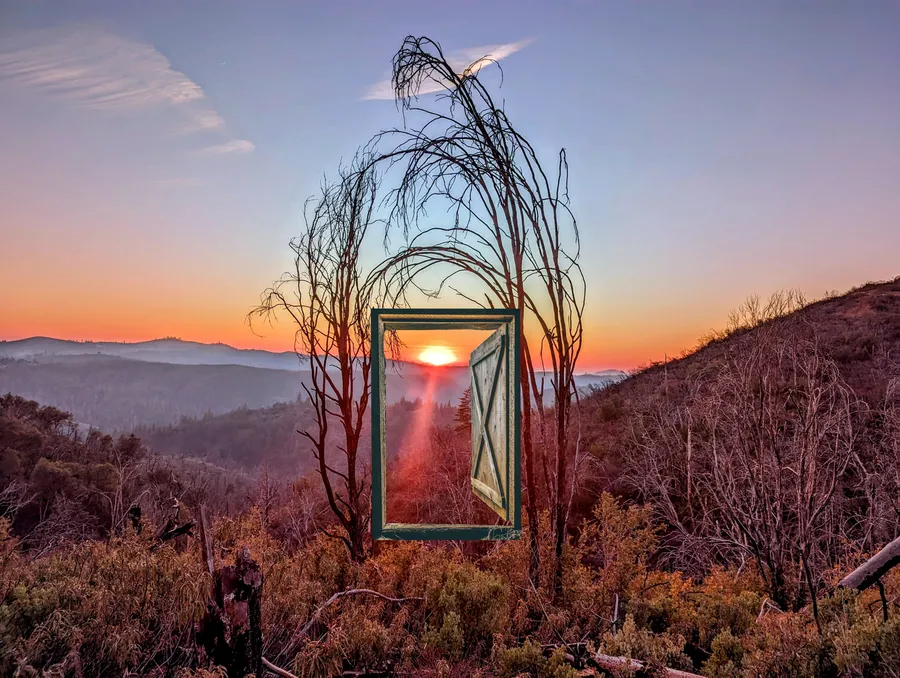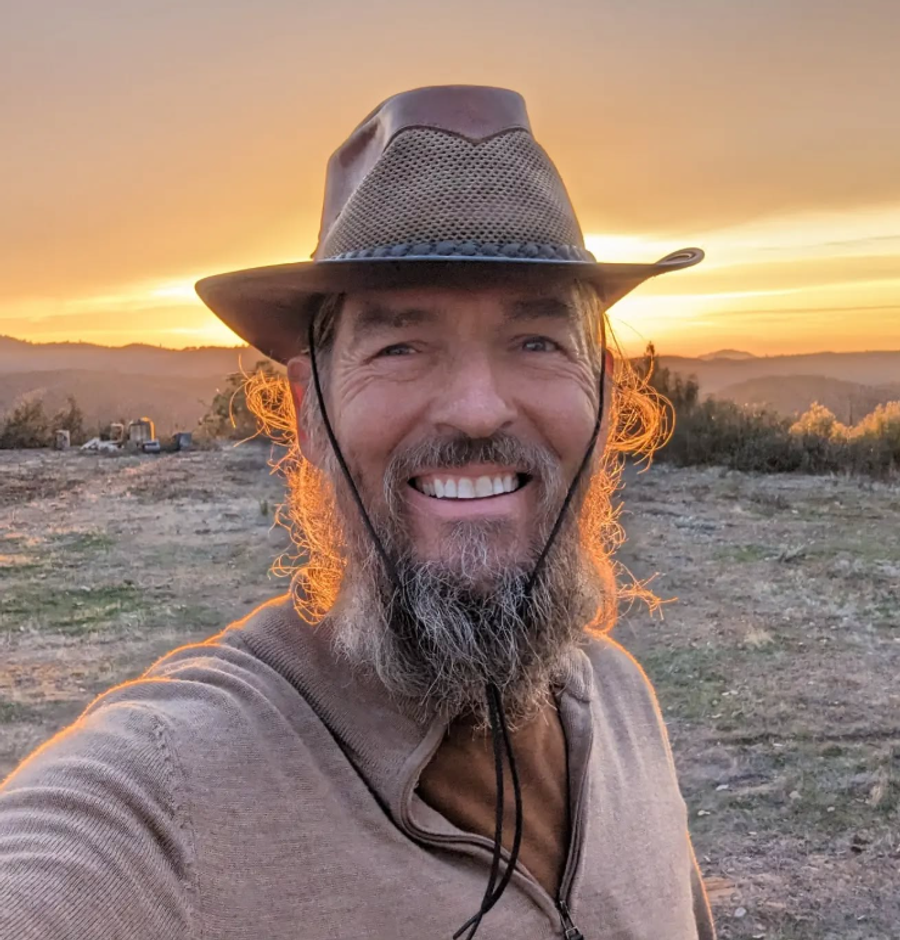When Coping Becomes Addiction
It got out of hand
It started as a quick game on my phone, proving I was smart enough to beat the level and the challenges on my tiny screen. I’d receive the micro-burst of endorphins - each level takes 1–5 minutes to play and doing it again is only one press away.
Sometimes I just need to regain my energy and take a break for 5 minutes, and when I check the time… one hour has passed. Some days this game is the last thing I do before falling asleep and the first thing I do after waking up.
The game works! When I’m feeling anxious, it helps me calm down: my heart rate drops, my breathing slows, the tension in my jaw releases. After a while, I can think creative thoughts instead of the circular fears that paralyzed me moments ago. The ability of video games to calm the mind is well documented (Journal of Psychiatry and Neuroscience, 2020 July 1 “Tetris and PTSD”). But… this mind-calming technique got out of hand. I’m at level 8 185, which at 5 minutes per level equals roughly three months of productive hours - no wonder I’m missing deadlines.
I tell myself I’ve been under particular stress this past year - which is true… but it’s not the whole truth.
The whole truth is that I have an addictive personality, and I must be mindful of my behaviors to catch it. My strategies: no gaming consoles, no PC with a big GPU. It turns out when I jump out of bed at sunrise and walk a mountain path for an hour, my day is more productive and I don’t feel the urge to play. It’s that simple - the first decision of the day determines my productivity.
What is your release? Eating, shopping, doom scrolling (YouTube, TikTok, Facebook), frozen grapes, cigarettes, fancy restaurants, spa visits, adrenaline, or shoes?
I’m also recovering from another addiction - I once believed it was my responsibility to make sure everyone felt OK. When I recognized and named it (“I had a pathological need to take care of people”), I saw codependency in action, as defined by CODA (Codependents Anonymous). Addiction isn’t just about substances or screens - it can be emotional.
I’ve taken the skills I learned through my emotional addiction and turned them around to help others in similar situations.
PS - Addiction joke: I have a friend who is addicted to brake fluid… he can stop any time he wants. 🤣
